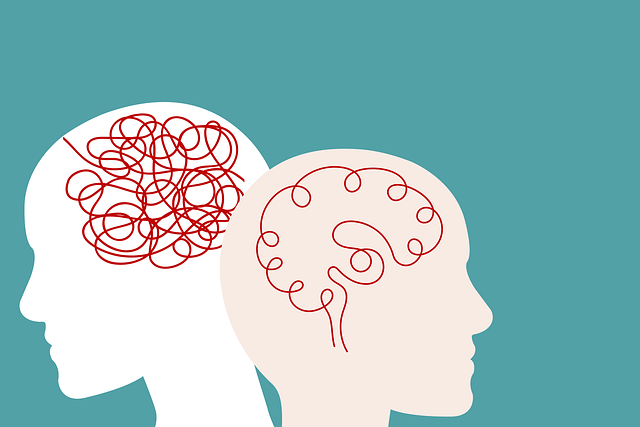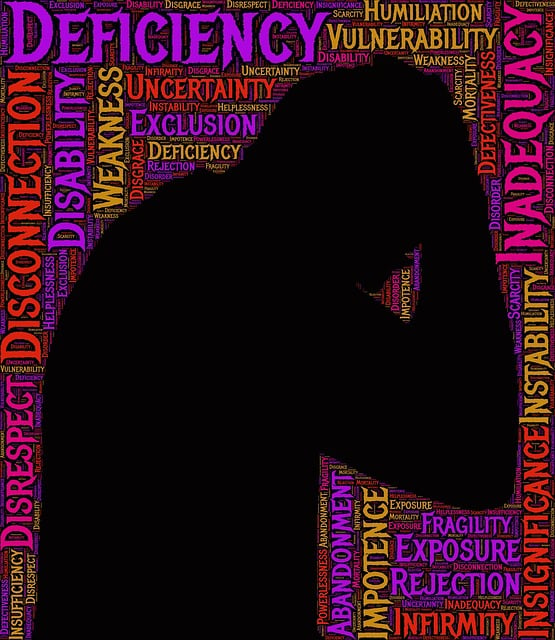Wheat Ridge Trauma Therapy prioritizes cultural competency as a cornerstone for delivering quality care to diverse patients, ensuring non-judgmental and inclusive services that improve patient satisfaction, treatment adherence, and health outcomes. Through comprehensive training programs, risk management planning, and interactive workshops, they address cultural biases, microaggressions, and unconscious biases, fostering safer healing environments tailored to individual backgrounds. Their innovative mental health education programs focus on self-esteem improvement, emotional regulation, and culturally sensitive counseling techniques, creating a more inclusive and responsive mental health care system.
In today’s diverse healthcare landscape, cultural competency is no longer an option but a necessity. This article explores the vital role of training in fostering culturally competent healthcare providers. We delve into the implications of unconscious biases and stereotypes on patient care, offering a case study on Wheat Ridge Trauma Therapy’s successful implementation of sensitive practices. Additionally, we provide insights into designing effective training programs to enhance cultural competency among healthcare professionals.
- Understanding Cultural Competency in Healthcare: A Necessary Framework
- The Impact of Cultural Biases and Stereotypes on Patient Care
- Wheat Ridge Trauma Therapy: A Case Study on Culturally Sensitive Practices
- Developing Effective Training Programs for Healthcare Provider Cultural Competency
Understanding Cultural Competency in Healthcare: A Necessary Framework

Cultural competency in healthcare is a vital framework that ensures providers can offer quality care to diverse patient populations. It involves understanding and respecting different cultural beliefs, values, and practices while providing non-judgmental, inclusive services. This approach is increasingly important given the growing diversity of communities, with studies showing that culturally competent care improves patient satisfaction, adherence to treatment plans, and overall health outcomes.
At Wheat Ridge Trauma Therapy, we recognize that addressing trauma often requires a nuanced understanding of cultural context. Our Inner Strength Development programs are designed to empower individuals through Mental Wellness Journaling Exercise Guidance, encouraging positive thinking and self-reflection. By integrating cultural competency into our practice, we ensure that every patient receives personalized care that considers their unique background and experiences, fostering safer and more effective healing environments.
The Impact of Cultural Biases and Stereotypes on Patient Care

Cultural biases and stereotypes can significantly impact patient care, often leading to miscommunication and disparities in treatment outcomes. Healthcare providers, despite their best intentions, may unconsciously hold preconceived notions about certain ethnic, cultural, or socioeconomic groups. These biases can influence how a provider interacts with patients, making them more likely to overlook specific symptoms, dismiss concerns, or provide less aggressive treatment options. For example, a healthcare professional with limited exposure to diverse communities might assume that all patients from a particular background share similar health practices and beliefs, potentially leading to misdiagnosis or inappropriate care.
At Wheat Ridge Trauma Therapy, we understand the importance of addressing these challenges through comprehensive training programs. Our confidence boosting workshops encourage professionals to reflect on their own biases and learn effective communication strategies to bridge cultural gaps. By implementing risk management planning for mental health professionals, we enable practitioners to create inclusive environments, ensuring every patient receives personalized care based on their unique needs and backgrounds. Embracing mind over matter principles allows healthcare providers to foster a deeper understanding of diverse cultures, ultimately enhancing the overall patient experience.
Wheat Ridge Trauma Therapy: A Case Study on Culturally Sensitive Practices

Wheat Ridge Trauma Therapy stands as a beacon of culturally sensitive practices within the healthcare sector. This pioneering organization has designed its mental health education programs to address the nuanced needs of diverse communities, focusing on self-esteem improvement and emotional regulation. By integrating cultural competency into their core training, Wheat Ridge Trauma Therapy equips providers with the skills necessary to offer empathetic and effective care to individuals from various backgrounds.
Their approach is holistic, recognizing that cultural context plays a pivotal role in one’s journey towards healing. Through interactive workshops and immersive experiences, healthcare provider training goes beyond textbook knowledge. Participants learn to navigate complex issues, such as implicit biases and microaggressions, that can impact the therapeutic relationship. This case study exemplifies how culturally sensitive practices not only enhance patient outcomes but also foster a more inclusive and responsive mental health care system.
Developing Effective Training Programs for Healthcare Provider Cultural Competency

Effective training programs for healthcare provider cultural competency are essential to ensuring quality patient care and fostering an inclusive environment. These initiatives should be comprehensive, integrating various learning methodologies such as interactive workshops, case studies, role-playing scenarios, and multimedia resources. At Wheat Ridge Trauma Therapy, we believe in a holistic approach that not only educates providers on diverse cultural perspectives but also equips them with practical tools for effective communication and empathetic engagement.
The curriculum should delve into topics like unconscious bias, microaggressions, and culturally sensitive counseling techniques, enabling healthcare professionals to navigate the complexities of providing care in a multicultural society. Incorporating Mental Health Awareness and Stress Reduction Methods can further enhance these programs, fostering emotional regulation among providers and ultimately improving their interactions with patients from different backgrounds.
Cultural competency training is a game-changer in healthcare, as demonstrated by the successful practices at Wheat Ridge Trauma Therapy. By addressing cultural biases and stereotypes, healthcare providers can significantly improve patient care and outcomes. Implementing effective training programs, as outlined in this article, ensures that professionals are equipped to navigate diverse patient backgrounds, fostering an inclusive and sensitive healthcare environment. These strategies are essential steps towards delivering equitable care to a diverse population.














